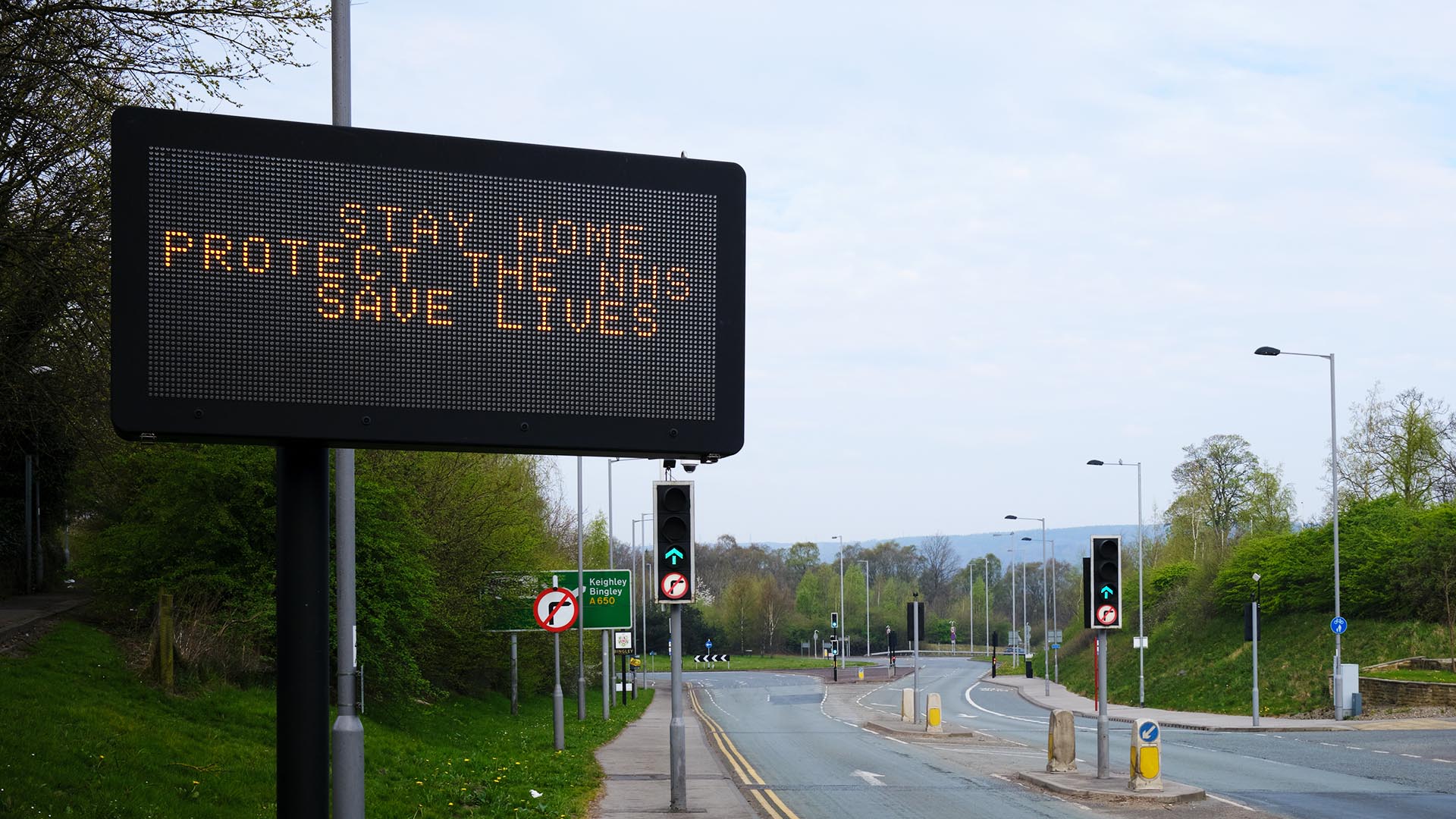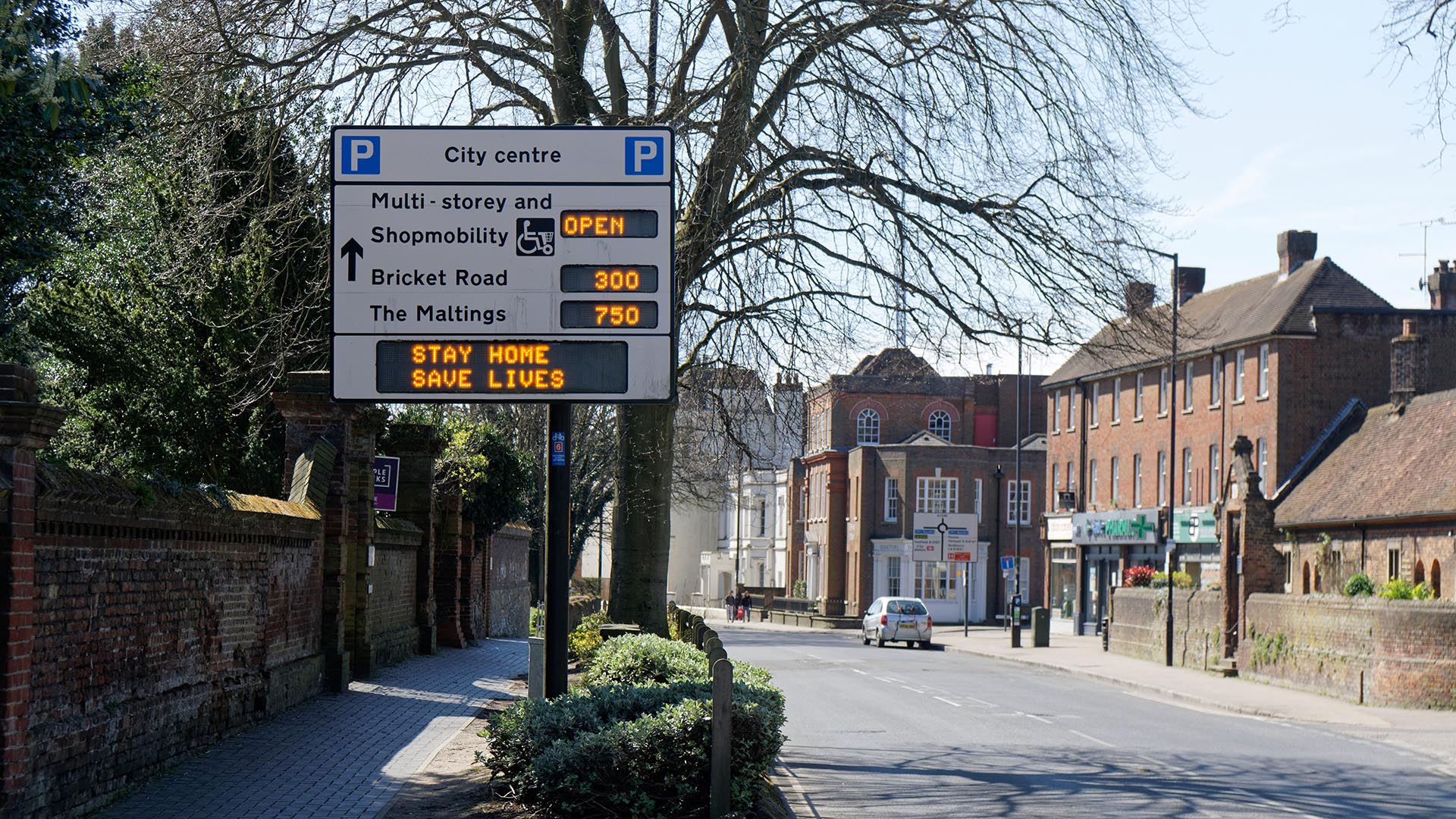
New figures released today show 10 percent of drivers are continuing to use their cars for non-essential trips. This is despite the government’s plea to leave the car at home unless absolutely essential.
The survey of 1,550 drivers also reveals five percent of motorists said they have driven a short distance to get some exercise. Meanwhile, four percent have gone for a drive to ‘give their cars a run’.
However, 60 percent of the respondents to the RAC survey said they are using their cars once a week or less for essential trips. Even more encouraging is the news that 97 percent of drivers stayed at home over the Easter weekend.
This is backed up by the RAC’s claim that it responded to 50 percent fewer breakdowns over the Easter weekend compared to last year.
The RAC is calling on all drivers to only see their vehicles for strictly essential journeys. Yesterday, Dominic Raab confirmed that the lockdown will remain in place for at least another three weeks.
‘Think twice’

RAC Breakdown spokesperson Rod Dennis said: “These figures highlight the important role the private car still plays in enabling people to complete their essential journeys during lockdown.
“The reality for many people is that they still rely on the car for certain trips – be it for weekly food shopping, to get to and from work or when looking after a vulnerable person.
“The government has indicated that food shopping should be done as infrequently as possible, and consequently many people are using their cars to carry heavy bags of groceries. But only using cars infrequently can lead to problems, particularly with batteries.
“What is vital however, is that drivers heed the government advice and strictly use their cars for essential trips only. It’s encouraging to see just how many drivers reported they stayed at home over Easter, but there appears to be a small proportion who continue to get in the car either to drive somewhere for exercise, or to keep their vehicle’s battery healthy.
“While the temptation might be there with the car sat outside and largely unused, we really do urge people to think twice before they get behind the wheel. Every unnecessary journey potentially adds to the burden on our emergency services.”